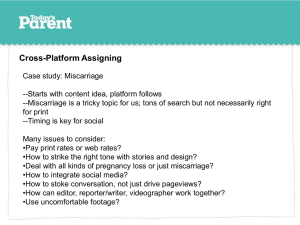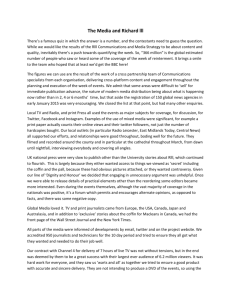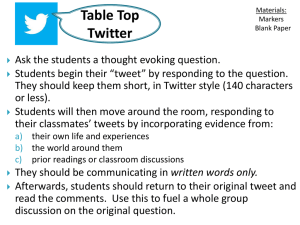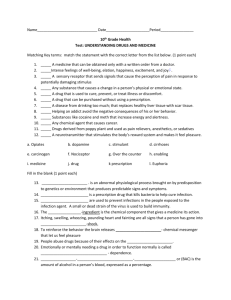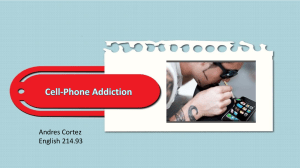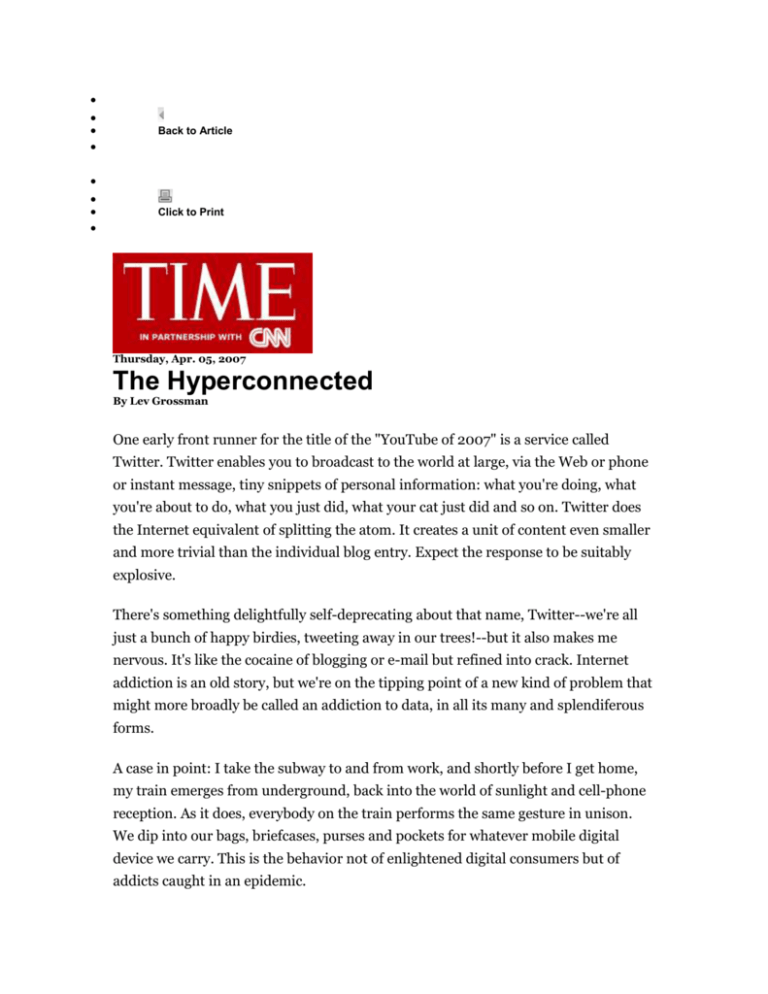
Back to Article
Click to Print
Thursday, Apr. 05, 2007
The Hyperconnected
By Lev Grossman
One early front runner for the title of the "YouTube of 2007" is a service called
Twitter. Twitter enables you to broadcast to the world at large, via the Web or phone
or instant message, tiny snippets of personal information: what you're doing, what
you're about to do, what you just did, what your cat just did and so on. Twitter does
the Internet equivalent of splitting the atom. It creates a unit of content even smaller
and more trivial than the individual blog entry. Expect the response to be suitably
explosive.
There's something delightfully self-deprecating about that name, Twitter--we're all
just a bunch of happy birdies, tweeting away in our trees!--but it also makes me
nervous. It's like the cocaine of blogging or e-mail but refined into crack. Internet
addiction is an old story, but we're on the tipping point of a new kind of problem that
might more broadly be called an addiction to data, in all its many and splendiferous
forms.
A case in point: I take the subway to and from work, and shortly before I get home,
my train emerges from underground, back into the world of sunlight and cell-phone
reception. As it does, everybody on the train performs the same gesture in unison.
We dip into our bags, briefcases, purses and pockets for whatever mobile digital
device we carry. This is the behavior not of enlightened digital consumers but of
addicts caught in an epidemic.
I try to regulate my data intake: I don't carry a BlackBerry, but I do carry a cell
phone, and it has made me a rapacious consumer of text messages. I've become
dismally fluent in typing on my cell phone's keypad, one-thumbed, while walking.
Don't get me wrong; I have a full-blown e-mail problem too. I frequently override the
little notifier app that checks my G-mail for me once a minute because an e-mail
could have arrived in the intervening 60 seconds.
But we need a broader term like data addiction to take in the sheer hydraheadedness of the ceaseless craving for digital stimulation that contemporary
technology is creating in us. When it's not coming in through my eyes, digital
information is taking over my ears via my beloved silver iPod Mini (one of Apple's
orphaned design concepts). A survey conducted by Stanford University last fall found
that more than 1 in 8 Americans suffers from some form of Internet addiction. It
hardly needs to be said that this problem doesn't wreck lives with the ferocity of
alcohol or narcotics, but we have yet to take data seriously as a controlled substance.
Here are three reasons the problem is about to get much worse.
One, mobile devices are getting better. As if BlackBerrys and Treos weren't hard
enough to put down, Apple will start selling the iPhone in June, and the new category
of ultra-mini PCs like the FlipStart and the OQO2 is threatening to make computers
as portable as cell phones. Two, wi-fi is becoming ubiquitous. Google and Earthlink
have a deal in place to supply all of San Francisco with free wireless Internet access.
Philadelphia, Anaheim, Calif., and Madison, Wis., already have it, as do dozens of
other cities and towns. Within 10 years, most of urban and suburban America will be
bathed in free wi-fi service. Airlines are expected to fire up in-flight wi-fi in the next
12 months.
And three, Internet CEOs have become obsessed with making cell-phone versions of
everything we used to get on our desktops. It's the Internet equivalent of Manifest
Destiny. You can already get Google and YouTube and CitiBank on your phone. Now
that you can Twitter from your phone, there's no longer any reason to look up at the
world around you.
Like any good pusher, services like Twitter don't answer existing needs; they create
new ones and then fill them. They come to us wrapped in the rhetoric of
interpersonal connection, creating a sense that our loved ones, or at least liked or
tolerated ones, are electronically present to us, however far away they may be. But I
can't help wondering if we're underestimating the countervailing effect: the cost
we're paying in our disconnection from our immediate surroundings, in our
dependence on a continuous flow of electronic attention to prop up our egos, and
above all, in a rising inability to be alone with our own thoughts--with that priceless
stream of analog data that comes not from without but from within.
Click to Print
Find this article at:
http://www.time.com/time/magazine/article/0,9171,1607260,00.html
Copyright © 2009 Time Inc. All rights reserved. Reproduction in whole or in part without permission is prohibited.
Privacy Policy|Add TIME Headlines to your Site|Contact Us|Customer Service


